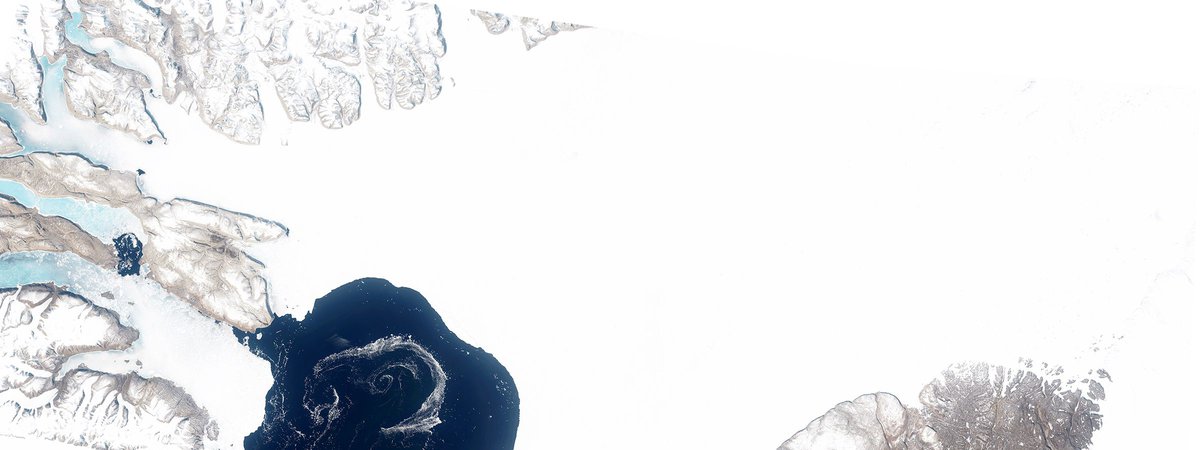The 2021 Nobel Prize in Physics was awarded “for ground-breaking contributions to our understanding of complex systems.” Half of the prize was awarded to two geophysicists, Suki Manabe and Klaus Hasselmann, for their work on modelling of the Earth’s climate, quantifying variability and reliably predicting global warming. The other half went to Giorgio Parisi for his ground-breaking work on the interplay of disorder and fluctuations in physical systems. Not only is this the first time that geophysicists have been awarded the Physics Prize, but it is also a recognition of the significant risk to the Earth posed by climate change.
I was fortunate enough to have studied under Professor Manabe while doing my Ph.D. In this talk, I will review the physics of the climate system and Professor Manabe’s contribution to our ability to predict its future evolution. I will conclude with some of my group’s research on ice arches that form along Nares Strait. These arches, that span distances up to 100km and that remain stable for months at a time, play an important role in the sea ice budget of the Arctic Ocean. There is evidence that they are becoming weaker over time and that this trend may be amplifying the loss of Arctic sea ice.


